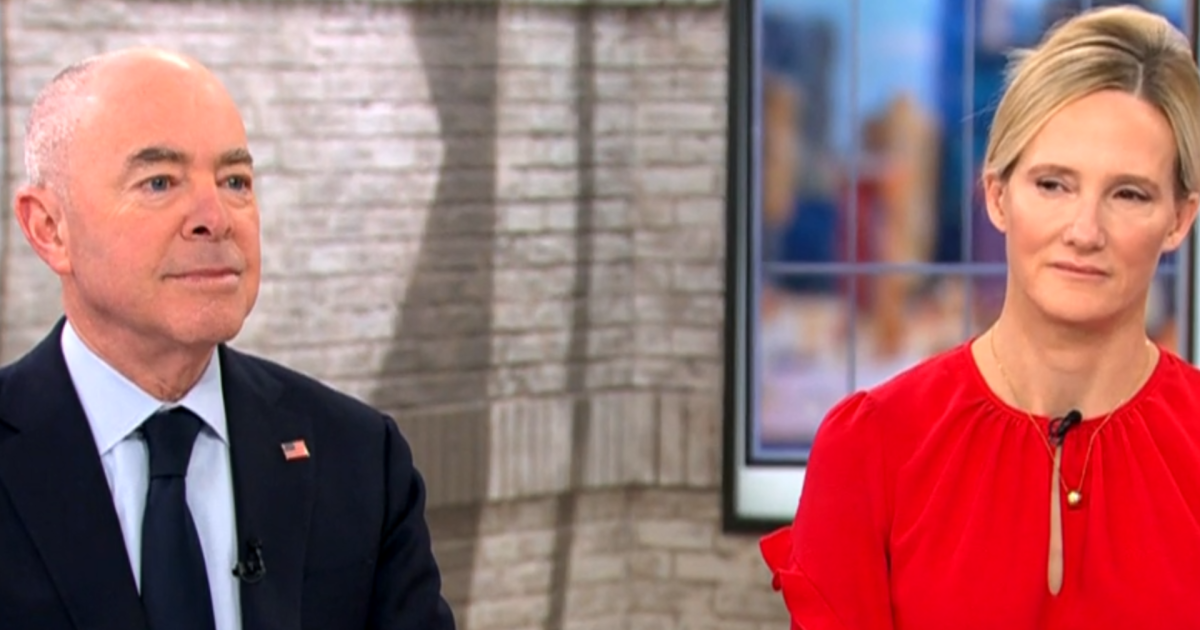PFAS lurking in waterways pose hidden threat to health
Songbird Farm in Maine was once brimming with life and potential, but now, it stands as a mere shell of its former self. Adam Nordell and his wife Johanna purchased the 44-acre farm in 2014 with dreams of cultivating organic produce and raising a family. Little did they know, their idyllic land was infested with toxic chemicals called PFAS.
The persistent chemicals — per- and polyfluoroalkyl substances — have been linked to a range of health problems, including certain forms of cancer.
Nordell said he didn't know what the chemicals were. The reality soon hit him hard as he discovered that PFAS are a family of compounds that persist in the environment for extended periods, earning them the nickname "forever chemicals."
He said the toxins at Songbird Farm were traced to sludge, the residual waste from wastewater treatment, which had been used as fertilizer in the 1990s.
"It contained a whole host of industrial chemicals that were washing out of consumer products and people's homes or that were entering from industrial facilities," Nordell said.
Nordell said tests found their water and some crops had dangerously high levels, and so did his family's blood — 250 times higher than average, he said.
"Living with the exposure is terrifying," Nordell said. "I feel like I have a poorly wired time bomb inside of me."
PFAS have been widely used for decades — to put the non-stick in cookware, and to make stain and waterproof fabrics, firefighting foam, food packaging and cosmetics. They've also been linked to health problems including low birth weight, liver damage and some kinds of cancer.
While not all sludge contains toxins, cattle that ate feed grown in tainted soil have been destroyed in at least three states. The chemicals also leach into lakes, rivers and groundwater from factories and landfills, leading to widespread contamination.
Climatologist Dan Brown painted a grim picture, showing a stretch of river in Detroit where fish are too contaminated to eat.
"I just can't imagine that there's any place that's going to be truly safe from PFAs at this point," Brown said.
A recent analysis of fresh-water fish samples collected by the Environmental Protection Agency found PFAS contamination is an issue in almost every state. The chemicals have become so pervasive that studies show more than 95% of Americans have "detectable levels" of PFAS in their blood.
For the first time, the EPA is proposing strict regulations to limit PFAS in drinking water. The recommended levels are more than 90% lower than previous standards.
Elsie Sunderland from Harvard University called the federal approach to PFAS "ambitious yet fragmented."
"If we're really concerned about this, concerned about PFAS and our everyday exposure, we should be proactive and we should be banning these chemicals from non-essential uses," Sunderland said.
In an email to CBS News, the FDA said it tests products in the U.S. general food supply which is "among the safest in the world." The agency said very few of those products have detectable levels of PFAS and those that do are low.
After experiencing the devastating effects of forever chemicals on his own farm, Nordell shifted his focus from working on his land to advocating for new laws to assist others affected by the toxic substances.
"Our dreams are irrelevant at this point," he said. "So, if I can help protect other people from what happened to me, that motivates me."



